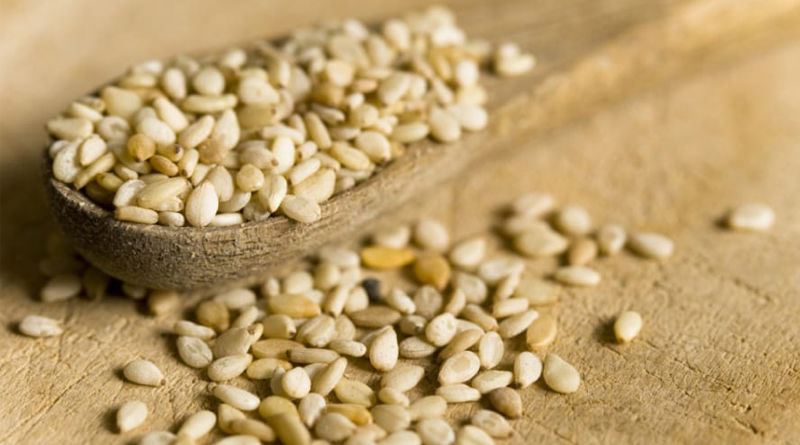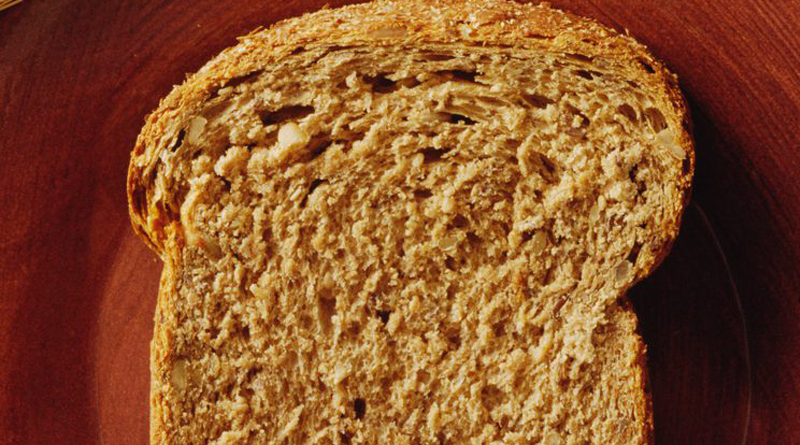Coffee lovers have a new reason to feel good about their caffeine habit. Research findings published last month in the journal PLOS Biology help to explain the mechanism by which caffeine reduces the risk of cardiovascular disease and suggests that a concentration equivalent to four cups of coffee daily may be the amount needed to produce the benefit.
Researchers Judith Haendeler and Joachim Altschmied of the Medical Faculty, Heinrich-Heine University and the IUF-Leibniz Research Institute for Environmental Medicine in Dusseldorf, Germany, and their colleagues showed that caffeine induced the movement of a regulatory protein called p27 into mitochondria, and that this served to enhance mitochondrial function and protect cardiovascular cells from damage. Mitochondria are cells’ energy powerhouses, the researchers noted.
“Our results indicate a new mode of action for caffeine, one that promotes protection and repair of heart muscle through the action of mitochondrial p27,” said Haendeler. She suggests that the researchers’ finding could lead to new strategies for protecting the heart muscle from damage, including a potential recommendation of caffeine consumption to benefit elderly individuals. “Furthermore,” she observed, “enhancing mitochondrial p27 could serve as a potential therapeutic strategy not only in cardiovascular diseases, but also in improving health span.”
The German researchers arrived at their conclusions after a series of mouse studies. Haendeler and Altschmied said that additional mouse studies are planned. “We will design a mouse in which all p27 is only localized in the mitochondria on an otherwise p27-deficient background and will set an experimental myocardial infarction and determine the infarct size in those mice and their wild type and knockout littermates,” they wrote in response to an IFTNEXT newsletter query. (A knockout mouse is a genetically modified laboratory mouse in which one or more genes have been “knocked out” or inactivated.) “We will also design a cell-permeable, recombinant p27 and test its effects ex vivo and in vivo in mice.
“We have to find better ways to improve mitochondrial functionality in the heart and the vessels … but we have first to further understand the underlying mechanisms,” the researchers added.
Source: IFT









